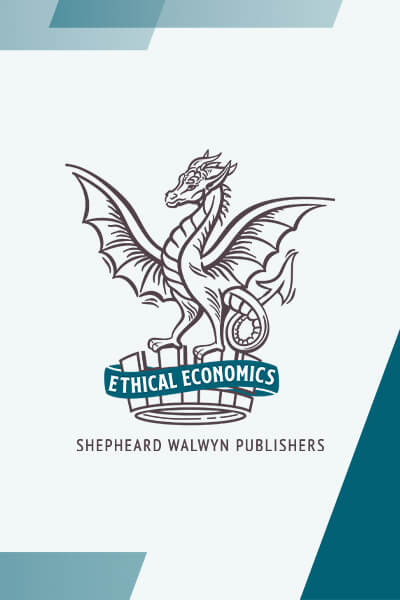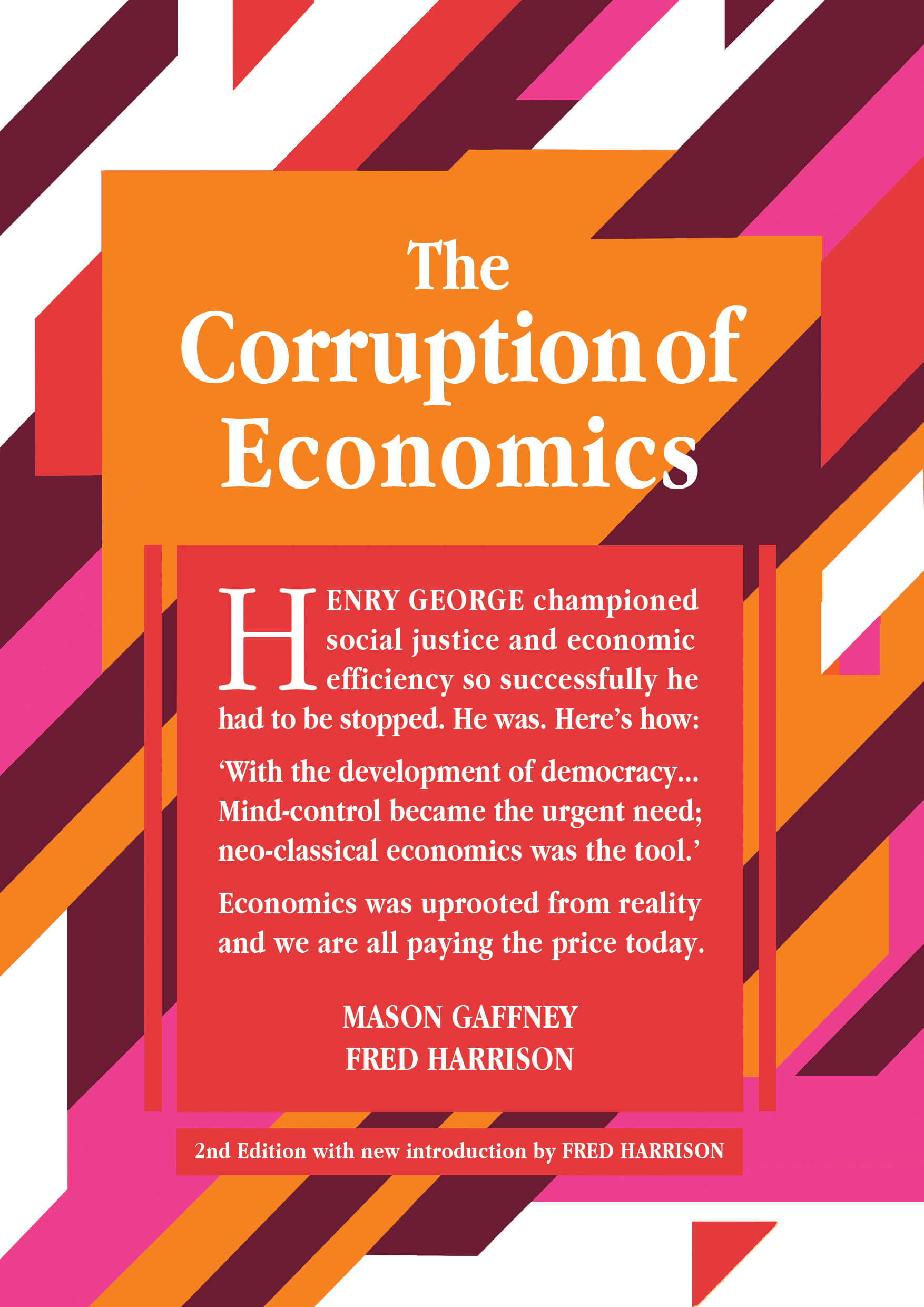In a review of the film Inside Job in the Guardian, Peter Bradshaw wrote: ‘Perhaps the most sensational aspect of this film is Ferguson’s contention that the crash corrupted the discipline of economics itself.’ As Prof Mason Gaffney and Fred Harrison point out in The Corruption of Economics this happened much earlier. Towards the end of the 19th century the ‘Robber Barons’ in America got together and endowed five chairs of economics at some of the top US universities and appointed the first professors with the specific task of ‘changing the language of economics’. The purpose was political, to thwart the growth of support for the reform of Henry George which was couched in the language of the classical economists. Neo-classical economics was recast in Britain by Alfred Marshall and his pupil, John Maynard Keynes.
The effect, as Paul Ormerod described it in his Death of Economics, is that economists ‘have erected around the discipline a barrier of jargon and mathematics which makes it difficult to penetrate for the uninitiated’.
At the end of his review in the Guardian, Peter Bradshaw asks: ‘What can be done about all this?’ and points out that the film ‘has no answers’. It is precisely to provide such answers that Shepheard-Walwyn has built up its Ethical Economics list. One such title is A New Model of the Economy of which a paperback edition has just been published. To some degree the author has employed the language of the modern economist, particularly in relation to the microeconomic theory of the firm, to point out the shortcomings of the neo-classical model and to render it more realistic of real world economics.







